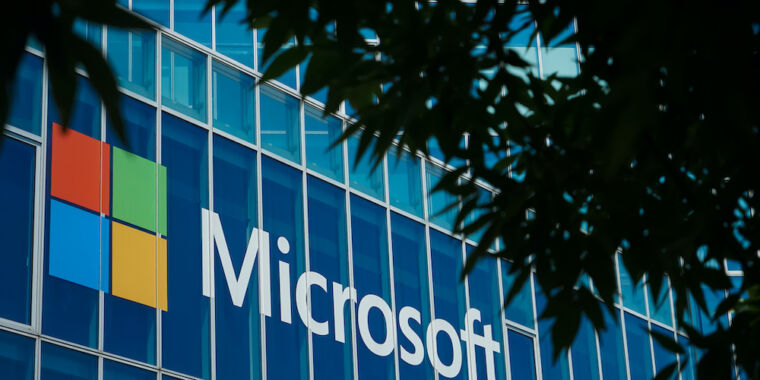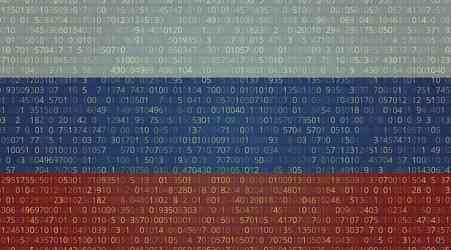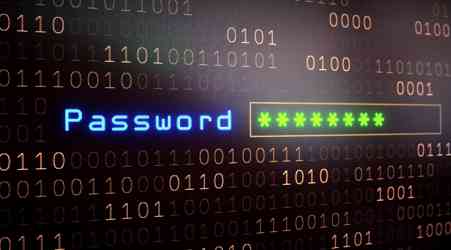Russia-state hackers exploited a weak password to compromise Microsoft’s corporate network and accessed emails and documents that belonged to senior executives and employees working in security and legal teams, Microsoft said late Friday.
The attack, which Microsoft attributed to a Kremlin-backed hacking group it tracks as Midnight Blizzard, is at least the second time in as many years that failures to follow basic security hygiene has resulted in a breach that has the potential to harm customers. One paragraph in Friday’s disclosure, filed with the Securities and Exchange Commission, was gobsmacking:
Beginning in late November 2023, the threat actor used a password spray attack to compromise a legacy non-production test tenant account and gain a foothold, and then used the account’s permissions to access a very small percentage of Microsoft corporate email accounts, including members of our senior leadership team and employees in our cybersecurity, legal, and other functions, and exfiltrated some emails and attached documents. The investigation indicates they were initially targeting email accounts for information related to Midnight Blizzard itself. We are in the process of notifying employees whose email was accessed.
Microsoft didn’t detect the breach until January 12, exactly a week before Friday’s disclosure. Microsoft's account raises the prospect that the Russian hackers had uninterrupted access to the accounts for as long as two months.
A translation of the 93 words quoted above: A device inside Microsoft’s network was protected by a weak password with no form of two-factor authentication employed. The Russian adversary group was able to guess it by peppering it with previously compromised or commonly used passwords until they finally landed on the right one. The threat actor then accessed the account, indicating that either 2FA wasn’t employed or the protection was somehow bypassed.
Furthermore, this “legacy non-production test tenant account” was somehow configured so that Midnight Blizzard could pivot and gain access to some of the company’s most senior and sensitive employee accounts.
As Steve Bellovin, a computer science professor and affiliate law prof at Columbia University with decades of experience in cybersecurity, wrote on Mastodon:
A lot of fascinating implications here. A successful password spray attack suggests no 2FA and either reused or weak passwords. Access to email accounts belonging to “senior leadership… cybersecurity, and legal" teams using just the permissions of a "test tenant account” suggests that someone gave that test account amazing privileges. Why? Why wasn't it removed when the test was over? I also note that it took Microsoft about seven weeks to detect the attack.
While Microsoft said that it wasn't aware of any evidence that Midnight Blizzard gained access to customer environments, production systems, source code, or AI systems, some researchers voiced doubts, particularly about whether the Microsoft 365 service might be or have been susceptible to similar attack techniques. One of the researchers was Kevin Beaumont, who has had a long cybersecurity career that has included a stint working for Microsoft. On LinkedIn, he wrote:
Microsoft staff use Microsoft 365 for email. SEC filings and blogs with no details on Friday night are great.. but they’re going to have to be followed with actual detail. The age of Microsoft doing tents, incident code words, CELA’ing things and pretending MSTIC sees everything (threat actors have Macs too) are over — they need to do radical technical and cultural transformation to retain trust.
CELA is short for Corporate, External, and Legal Affairs, a group inside Microsoft that helps draft disclosures. MSTIC stands for the Microsoft Threat Intelligence Center.































